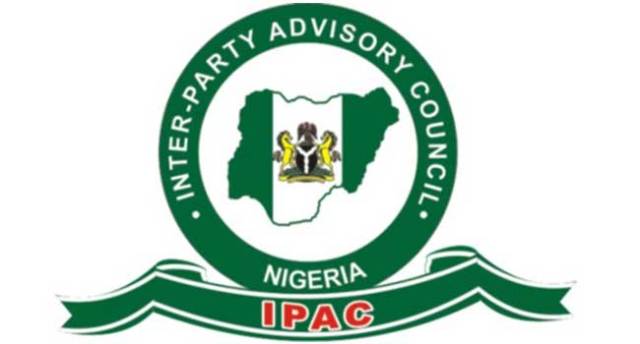In a bid to engender peaceful elections and inclusive electoral system, 19 political parties have met in Lagos under the auspices of the Inter-Party Advisory Council (IPAC) to review and adopt a constitution for the council.
The constitution would replace the code of conduct being used by the council to guide its activities.
All the 19 registered political parties attended the forum tagged, “I-PAC Constitutional Review Meeting on increasing representation of women and under-represented groups in politics, National and State Assemblies” organised by the Westminster Foundation for Democracy (WFD).
Country Director of the WFD, Adebowale Olorunmola, explained that the process was supported under the Support for Women Representation through Actions by Political Parties (SWRAPP) Project, funded by the Foreign, Commonwealth, and Development Office (FCDO).
He decried the low women representation in political leadership and decision making, noting Nigeria ranks 180th globally.
He said, “Rwanda ranks first globally, with 61% of women in the single/lower house, while Nigeria ranks last at 180, with a mere 4% of women in the lower house.
“Six African countries (Rwanda, Senegal, South Africa, Namibia, Mozambique, and Ethiopia) have achieved 40% or higher women’s representation in their lower houses.
“The question we must ask ourselves as political party leaders and IPAC leaders is “what role can we play to improve the ranking of Nigeria between now and 2027?”. Will Nigeria still remain in 180th position in 2027?”
Olorunmola stated that the transition from a Code of Conduct to a Constitution by IPAC was timely as Nigeria continued to strengthen its democratic processes.
“A well-developed Constitution will enable IPAC to not only mediate inter-party relations but also become a champion of good governance, peaceful electoral processes, and gender-inclusive politics.
“It is noteworthy to mention that the recently concluded election in Ghana is a challenge, not only to the Independent National Electoral Commission (INEC) but to the political parties, that they and their members can participate peacefully in elections, without malice, enmity and violence,” he said.
National Chairman of IPAC, Alhaji Yusuf Dantalle, said having a constitution would enhance accountability, transparency, and the rule of law within the Council.
“Furthermore, having a constitution demonstrates IPAC’s commitment to democratic principles and its desire to establish a more formalized and structured organization.
“This is a natural step in IPAC’s evolution as a democratic organization and will enhance IPAC’s credibility and legitimacy, both domestically and internationally,” he added.
Chairman of INEC, Prof. Mahmood Yakubu represented by the Resident Electoral Commissioner for Lagos State, Prof. Ayobami Salami, said INEC was committed to fostering a level playing field where all political actors can thrive.
The INEC chairman stated that the collaboration between IPAC and WFD to focus on review and propose constitutional improvements, “demonstrates an exemplary commitment to deepening democracy, and fostering inclusivity in Nigeria.”

 Join Daily Trust WhatsApp Community For Quick Access To News and Happenings Around You.
Join Daily Trust WhatsApp Community For Quick Access To News and Happenings Around You.


